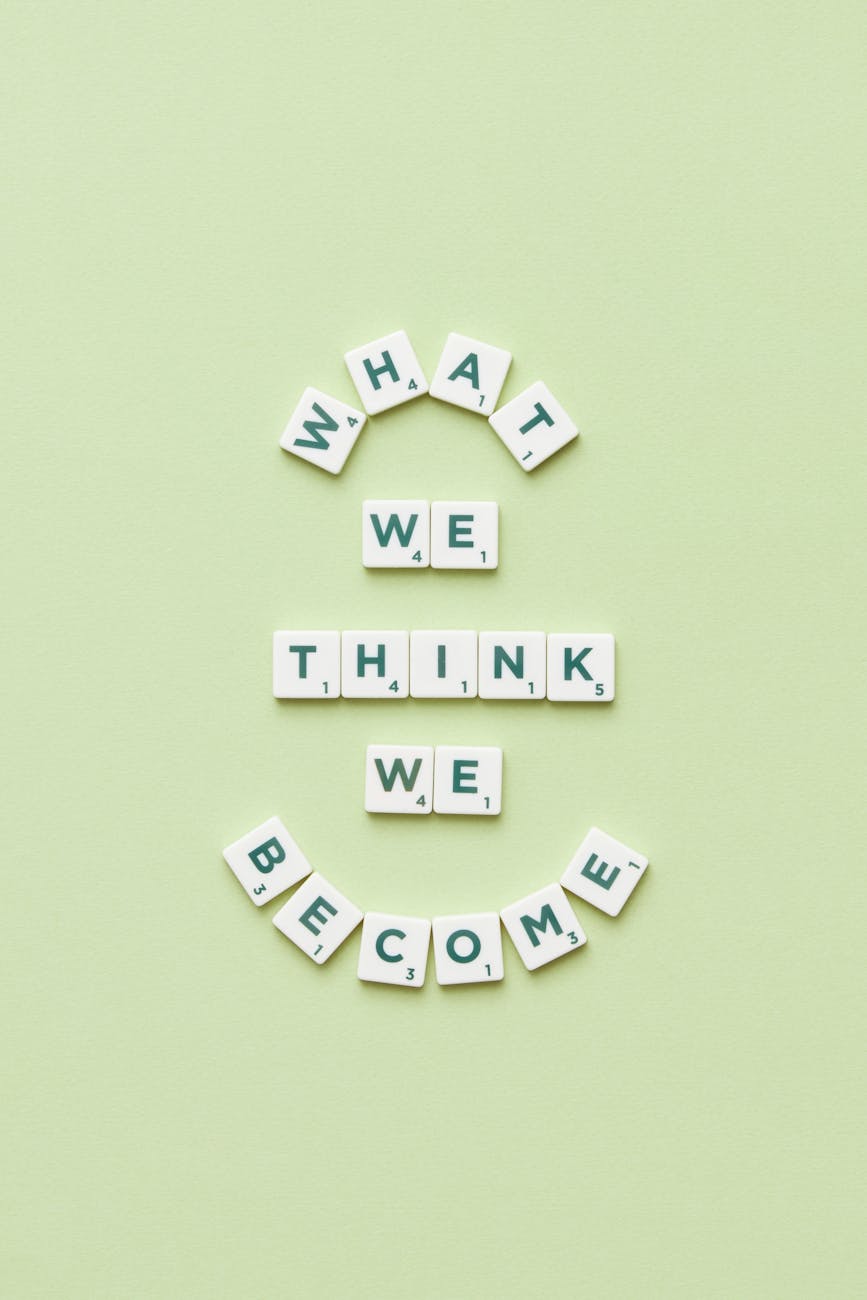The Media Landscape Shifts
The current media environment is experiencing significant upheaval, and the recent indefinite hiatus of Jimmy Kimmel has thrown fuel on the fire. Kimmel, a prominent late-night host, has been a vocal critic of various political figures, including former President Donald Trump. His absence from the airwaves has sparked a flurry of speculation and debate about the pressures facing media personalities today. The entertainment industry is one where opinions can be the difference between success and failure, and Kimmel’s situation is a notable example of this precarious balance.
What Kimmel’s Hiatus Means
Kimmel’s time away has not gone unnoticed. Many are drawing parallels between his situation and the notorious cancellation of “The Late Show With Stephen Colbert” by CBS. While Colbert’s show faced its own set of challenges, Kimmel’s indefinite absence raises serious concerns about the state of free speech in entertainment and journalism. Is the fear of backlash from powerful figures like Trump enough to silence voices that challenge the status quo? This question is becoming more pressing as media personalities navigate the treacherous waters of public opinion and political influence. The implications are significant, not just for Kimmel but for all those in the industry who might find themselves in similar positions.
Public Reaction and Media Responsibility
The public’s response to Kimmel’s hiatus has been mixed. Some fans express concern over the implications for comedic and critical discourse on television. Others might see it as a necessary pause in a landscape that has become increasingly polarized. Regardless of where one stands, the fact remains that the media has a crucial role in shaping public discourse. When influential figures are sidelined, it raises alarms about who gets to speak and whose voices are being silenced. The entertainment industry thrives on controversy and edgy commentary, yet it seems that the environment has shifted to one where the stakes are dangerously high.
The Bigger Picture of Media Influence
As media consumers, we need to be vigilant about the narratives presented to us. The dynamics of power and influence in media are complex and often fraught with tension. The implications of Kimmel’s absence extend beyond late-night television; they touch on broader themes of censorship, the responsibility of media entities, and the necessity of diverse voices in public discourse. If we allow fear to dictate who gets to speak, we risk losing the very essence of what makes media a cornerstone of democracy.
Moreover, the media’s role has evolved alongside technology. Social media platforms allow for instant dissemination of information, which can amplify voices that might otherwise be marginalized. However, this also means that the scrutiny faced by media personalities has intensified. Kimmel’s hiatus begs the question: are comedians and commentators now more vulnerable to political pressures than ever before? The repercussions of such pressures can have a chilling effect not just on entertainment but on the very fabric of public dialogue.
It’s essential to consider the historical context of media censorship and the consequences of allowing political figures to dictate the terms of engagement. Comedians and journalists alike have historically pushed boundaries, often at great personal and professional risk. In today’s climate, the stakes feel higher; the line between satire and serious critique has blurred, and the consequences of stepping over that line can be severe.
Looking Ahead: The Future of Late-Night Television
As we look to the future of late-night television, the question remains: how will shows adapt in the face of these challenges? Will they shy away from controversial topics to appease powerful figures, or will they double down on their commitment to free speech? The answer will shape the landscape of media for years to come. Audiences will play a crucial role in this evolution, demanding authenticity and courage from their favorite hosts.
Questions
What do you think about the implications of Kimmel’s hiatus for free speech?
How should media personalities navigate pressures from political figures?
Is the media doing enough to protect voices that challenge the norm?




